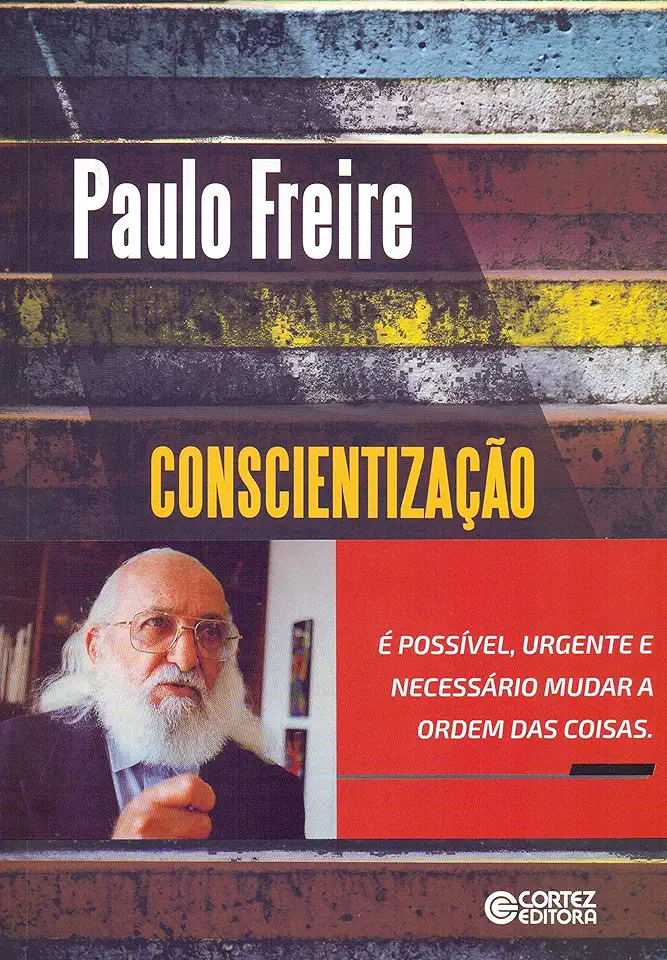
Pedagogy of the Oppressed
Pedagogy of the Oppressed: A Revolutionary Approach to Education
In his groundbreaking work, Pedagogy of the Oppressed, Paulo Freire challenges traditional notions of education and proposes a radical new approach that empowers the oppressed to become agents of their own liberation. Freire argues that the current educational system is a tool of oppression, designed to maintain the status quo and prevent the oppressed from achieving their full potential. He proposes a counter-hegemonic pedagogy that is based on dialogue, critical thinking, and praxis, and that aims to transform the oppressed into "critical subjects" who are capable of reflecting on their own reality and taking action to change it.
Key Concepts
Oppression: Freire defines oppression as "the systematic denial of humanity." He argues that oppression is not simply a matter of individual prejudice or discrimination, but rather a structural phenomenon that is embedded in the social, political, and economic institutions of society.
Dehumanization: Freire argues that oppression leads to the dehumanization of both the oppressors and the oppressed. The oppressors are dehumanized because they lose their sense of compassion and humanity in their pursuit of power and control. The oppressed are dehumanized because they are denied the opportunity to develop their full potential and become fully human.
Education as a Tool of Liberation: Freire argues that education can be a powerful tool for liberation. He proposes a counter-hegemonic pedagogy that is based on dialogue, critical thinking, and praxis, and that aims to transform the oppressed into "critical subjects" who are capable of reflecting on their own reality and taking action to change it.
Dialogue: Freire emphasizes the importance of dialogue in education. He argues that dialogue is not simply a matter of talking, but rather a process of mutual learning and understanding. Through dialogue, the oppressed can come to understand their own reality and develop the critical consciousness necessary for liberation.
Critical Thinking: Freire argues that critical thinking is essential for liberation. He encourages students to question their own assumptions and beliefs, and to critically examine the world around them. By developing critical thinking skills, the oppressed can become more aware of the oppressive structures that shape their lives and take action to change them.
Praxis: Freire argues that praxis is the key to liberation. Praxis is the process of reflecting on one's own reality and taking action to change it. Through praxis, the oppressed can transform themselves and their world.
Significance
Pedagogy of the Oppressed has been translated into more than 30 languages and has sold millions of copies worldwide. It has been praised by educators, activists, and scholars around the world for its revolutionary approach to education and its potential to empower the oppressed. Pedagogy of the Oppressed is a must-read for anyone who is interested in social justice, education, or liberation.
Conclusion
Pedagogy of the Oppressed is a powerful and inspiring book that offers a radical new approach to education. Freire's counter-hegemonic pedagogy is based on dialogue, critical thinking, and praxis, and it aims to transform the oppressed into "critical subjects" who are capable of reflecting on their own reality and taking action to change it. Pedagogy of the Oppressed is a must-read for anyone who is interested in social justice, education, or liberation.